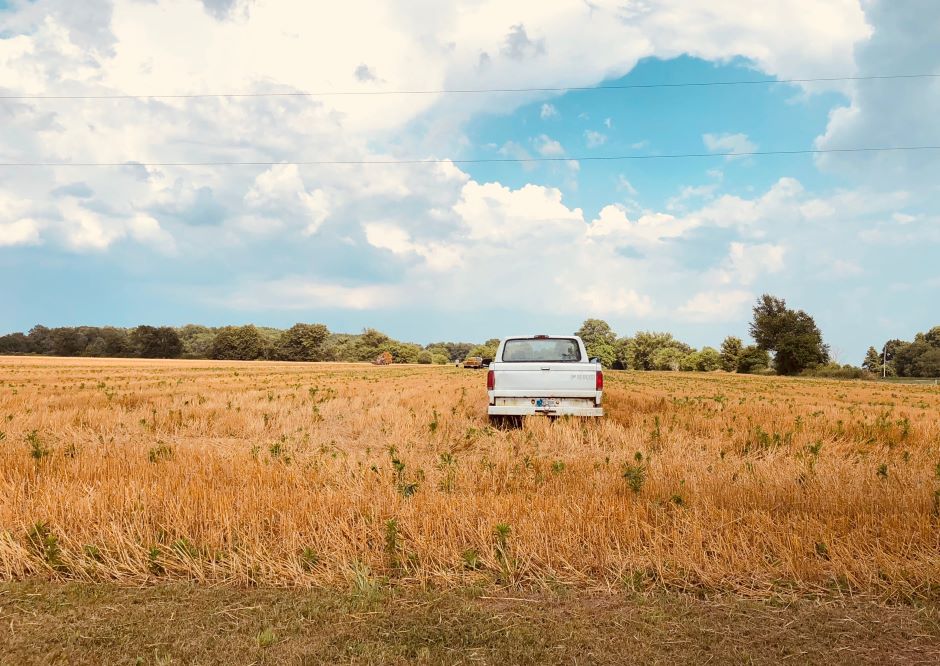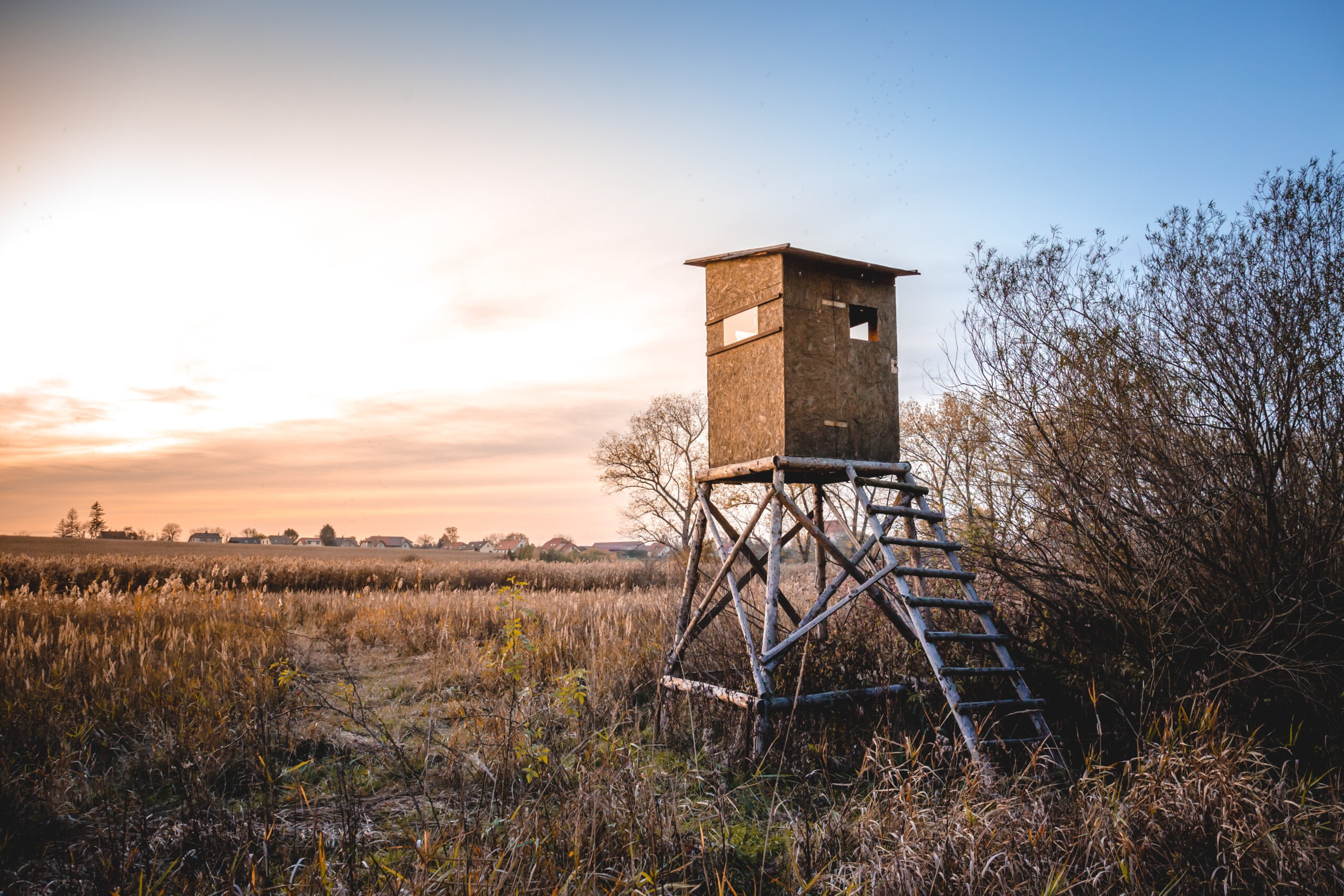Owning property and owning land has been a goal of many people throughout history. The real estate market has risen to extreme highs in the past few years and owning land in particular has been profitable for sellers. However, buyers may be facing greater price tags and interest rates and a need to offset this newfound cost.
While landowners can be local or even cross-country, if you aren’t living on your property or visiting daily, you could be considered an absentee landowner. While this is reasonably common among landowners, it can leave your investment a target for trespassing or illicit activities.
Owning property is a fantastic investment for anyone, not just for those that love the outdoors. Unfortunately, not everyone has pleasing intentions when visiting land, or respects landowners regardless of how often they visit and monitor their property. Insurance, hunting leases, and trail cameras are a few options that could all help keep an eye on the place while you’re not there.
Acquiring Land and Expense
Land can be bought or inherited. Most often rural land is a method to diversify an investment portfolio, keep property in a family name, or provide a place for personal recreation. Regardless of how this land came into the hands of the landowner, it’s difficult in today’s market to simply own land passively. Keeping up with the taxes, payments, and potential liability is expensive.
Not only does owning property create a new expense, but a new liability. Absentee ownership is attractive to trespassers if protection is not in place through a variety of means including leasing and regular visits. It does not matter if individuals are unauthorized to be on your land, they do have the right to sue for any injury sustained on your land.

Hunting Leases
Hunting leases are a great way to help offset the costs of owning property, especially if it’s paid off; all you have to cover is property taxes. Hunting leases are an agreement with a hunter, or group of hunters, allowing hunting rights and access to the property at designated times during the year for a fee.
Minimize Unauthorized Activity
Having a piece of land that attracts hunters can also attract illegal hunting activity, poachers, or even squatting. Unauthorized camping and potential destruction of property is also possible. Depending on the flora and arbor varieties, illegal timber harvesting or foraging could also be a potential activity. You may not want people engaging in those activities on your property for their own financial gain.
Stipulations can vary according to each agreement and the kind of land being considered. Often hunters are more than happy to keep an eye out for any suspicious activity. If they’re hunting it for one season or multiple seasons, they will want to watch it. This can help minimize liability due to injuries acquired by trespassers, especially when paired with an appropriate insurance policy.
Trail Cameras
Something else hunters bring to the table is trail cameras. Either you as a landowner can install your own and allow access, or you can allow hunters to place their own. These often can be another set of “eyes” that can monitor animal and human movements. Some trail camera options can be uploaded over cloud storage rather than a SIM card for even more remote access.
Hunting leases help monitor for trespassers but they also help track herd movement, the effectiveness of property enhancements, and monitor for any changes in the plant life, wildlife, or landscape. The land is kept under watchful eyes, and you have the opportunity to cover some costs of being a landowner at the same time.
Basecamp Leasing
Hunting leases may be the path you want to take to help protect your investment from trespassing. This increases income to cover some costs of owning that land, regardless of the method of acquisition or what you plan to do with it in the future. Basecamp Leasing is the first place most hunters look for a hunting lease.
Farmland Leases
Another common way to offset the costs of owning land is to rent out the acreage able to be farmed. Either acquiring land already producing and continuing this or establishing and putting fallow land back into production. A good line of communication and a clear written lease agreement are both pivotal in having a healthy working relationship with a farmer. This kind of lease is also great for ensuring the land is well-taken care of by the lessee. Plus, you can lease farming and hunting rights separately, meaning you can get income from both!
Conservative Reservation Program
A conservative reservation program (CRP) is a way for land-owners to offset costs while providing cover for wildlife. They plant long-term bedding cover over acreage that could be otherwise used as farmland. You can enroll in the federal CRP program, which will pay you if they determine your land qualifies, but even if you are accepted, it is not guaranteed that you are eligible for the program after your first contract is up.
Although absentee landowners can make a beautiful wildlife sanctuary through low-pressure and occasional enhancements such as a CRP program. This can turn into leasing at a higher rate for hunters in the future, or even being able to sell land for more than its initial value, depending on the market.

Protect Your Investment
Regardless of how you acquired your land, you now have an investment. As a landowner, absent or residential, it’s up to you to protect that investment and allow it to work for you as best it can. Leases, investing further into management programs, or protecting it with insurance and allowing the market to run until your property gains value are all options.
Hunting leases are a great way to offer a return on investment as well as monitor your land for trespassers, natural disaster damage, and any herd changes, decline, or disease. Decide how you want your land to work for you. If you find yourself owning property, no matter how far away you are from it, there are a few options for protecting this investment and resource.

Leave A Comment